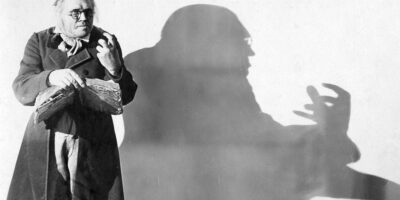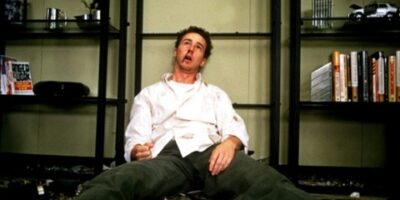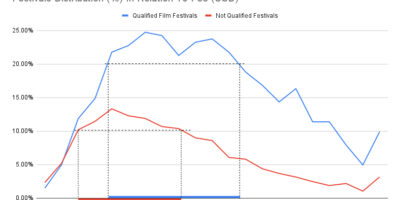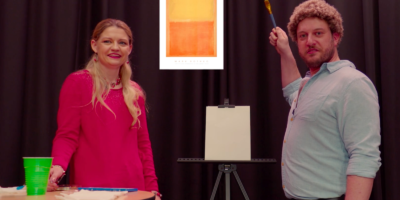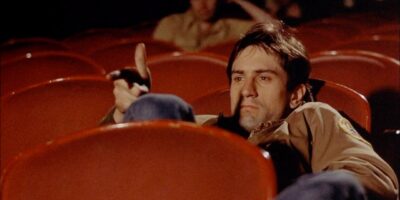by Adam Streyzer,

My task as a film hooligan is to explain something very complex in a very accessible way. In short, what’s the latest in film theory? Okay, let’s do it in five minutes.
Alright, let’s drop the film school speak for a minute. Remember those assignments where you had to hunt down the “Marxist critique” or the “Oedipal complex” buried somewhere in the plot? Like you were on some weird academic Easter egg hunt?
Boring, right?
No one cool in film criticism is doing that anymore.
Things have moved on. That old question—“What does this film mean?”—is over.
Dead and buried.
Now, the question that actually matters is: “What does this film do?” Way more interesting.
We’ve stopped treating movies like puzzles with a single secret inside. Instead, we see them as living, messy things that act on us. They shake up our senses, mess with how we see the world, and even tweak our sense of right and wrong. This isn’t your professor’s film theory. This is criticism with actual feelings.
It’s About the Vibe, Not the Homework.
Please, think back to the last movie that really hit you. It probably didn’t leave you stunned because you decoded some hidden symbol. It was about a feeling/sensations? Maybe the way a horror movie’s soundtrack made your skin crawl. Or how one long, uninterrupted shot made you hold your breath. That’s the stuff critics are obsessed with now—the actual, physical experience. The graininess of the image, the way light hits the lens, the sound design that gets under your skin. You’re not just a brain on a couch. You’re a body in the middle of it. The movie, the screen, your senses—they’re all tangled up together.
Now, things get really interesting when it comes to ethics. The most powerful movies aren’t the ones that just show you something awful. They’re the ones that drag you into it and make you feel it. Take The Zone of Interest. It doesn’t show you the Holocaust—you never see it. Instead, you hear it, while you watch a Nazi family living their perfectly normal life in the garden. And the nightmare is, you start to tune out the sounds just like they do. The movie basically says, “Look how easy it is to stop caring. You’re doing it right now.” It doesn’t just tell a story. It builds a feeling inside you—one you can’t shake off.

The Zone of Interest by Jonathan Glazer.
This whole way of looking at movies changes how we see everything, even the so-called “cool” stuff. Take ‘Sicario’. All those slick drone shots make modern warfare look powerful, almost beautiful. But a sharp critic will call out how that style pulls you in, makes you root for the wrong side without even noticing. The film doesn’t just show you a cold, militarized world. It makes you feel it—and, weirdly, maybe even like it.
And this isn’t just about what’s on the movie screen. Critics now talk about “operational images”—the drone feeds, data visualizations, and graphs that run our world. These images don’t mean anything in the usual way; they do things. They control bombs, run cities, keep people in line. Film criticism now spills out of the theater and into real life, asking how all these images—some we barely notice—shape who we are.
So, What’s a Film Critic Now?
If critics aren’t just hunting for hidden meanings, what are they up to?
They’re your hype person, pointing out those moments that overwhelm your senses and make you feel alive.
They’re like doctors, diagnosing how a movie’s editing or sound tricks you into seeing the world a certain way—even rooting for the villain.
They’re here to start conversations. In a world that’s already pretty messed up, the best art doesn’t hand you tidy answers. It throws tough questions your way. Ones that stick.
Bottom line? Movies aren’t just stories anymore. They’re a vibe, an ethical test, a political argument, and a trip for your brain—all at once. So next time the credits roll, don’t just ask what the movie was about. Ask what it did to you. That’s where the real talk starts.




